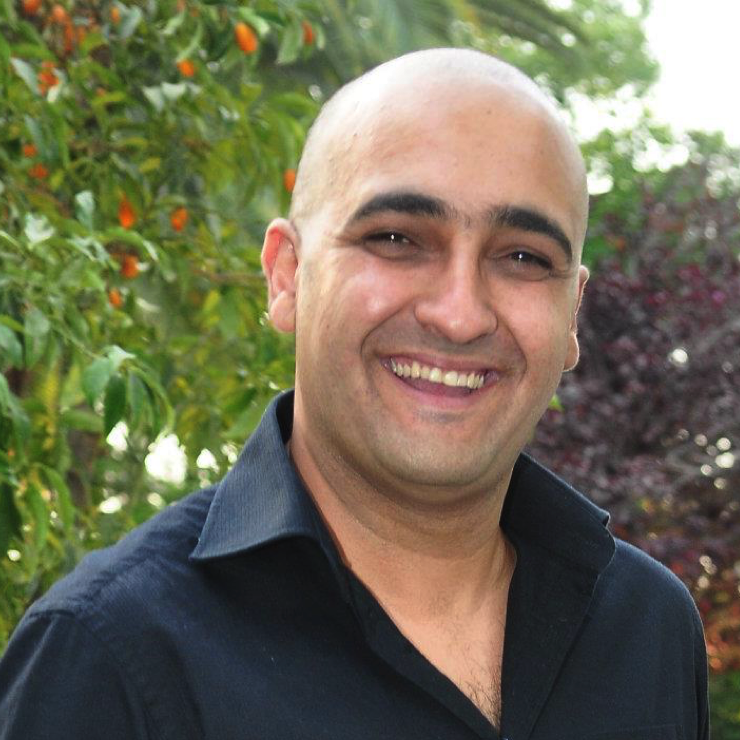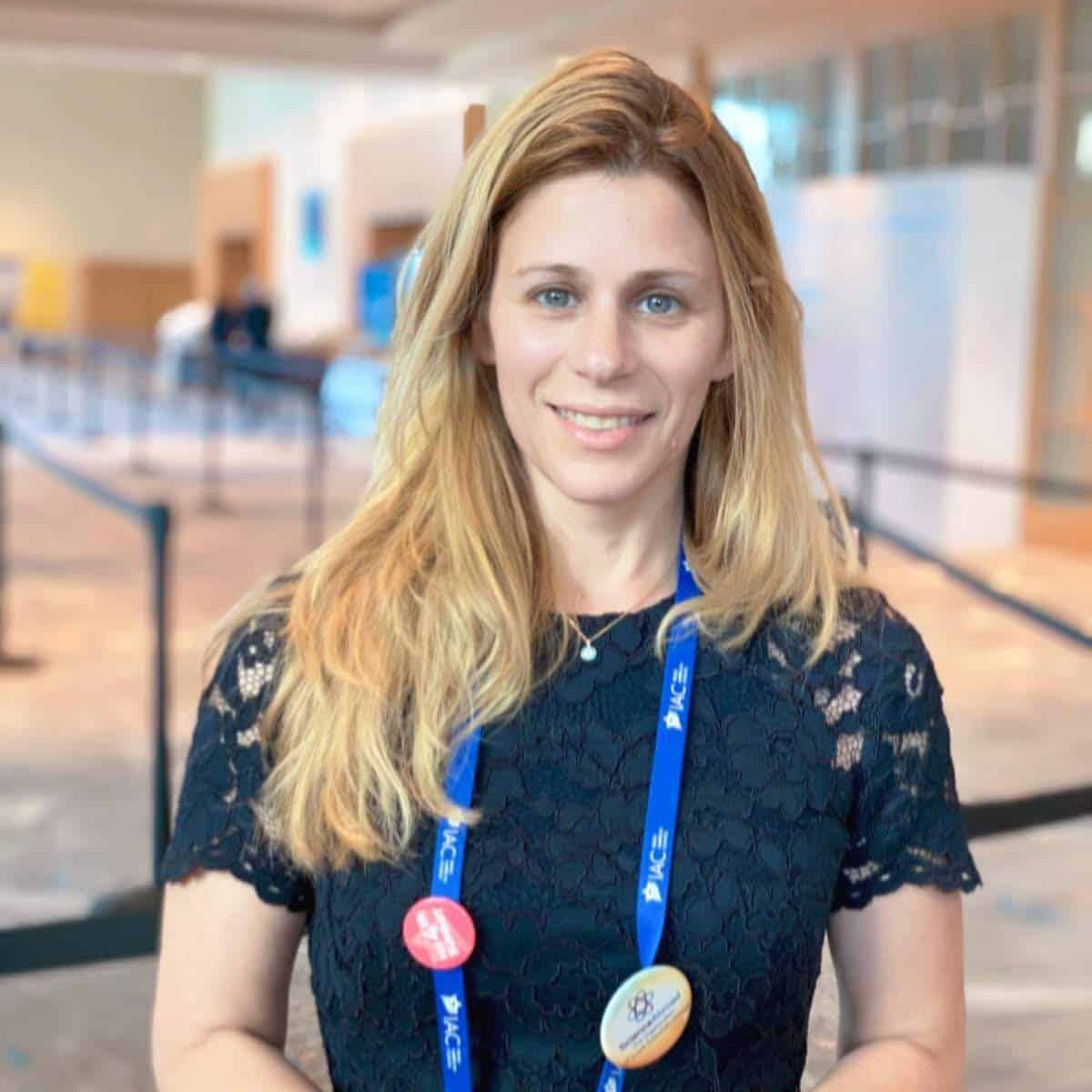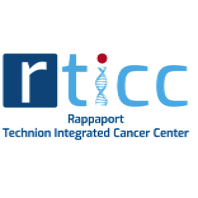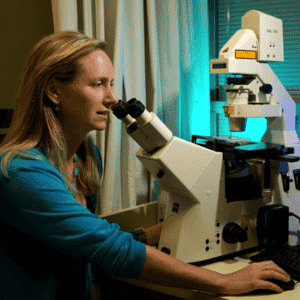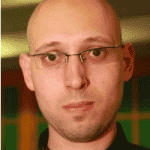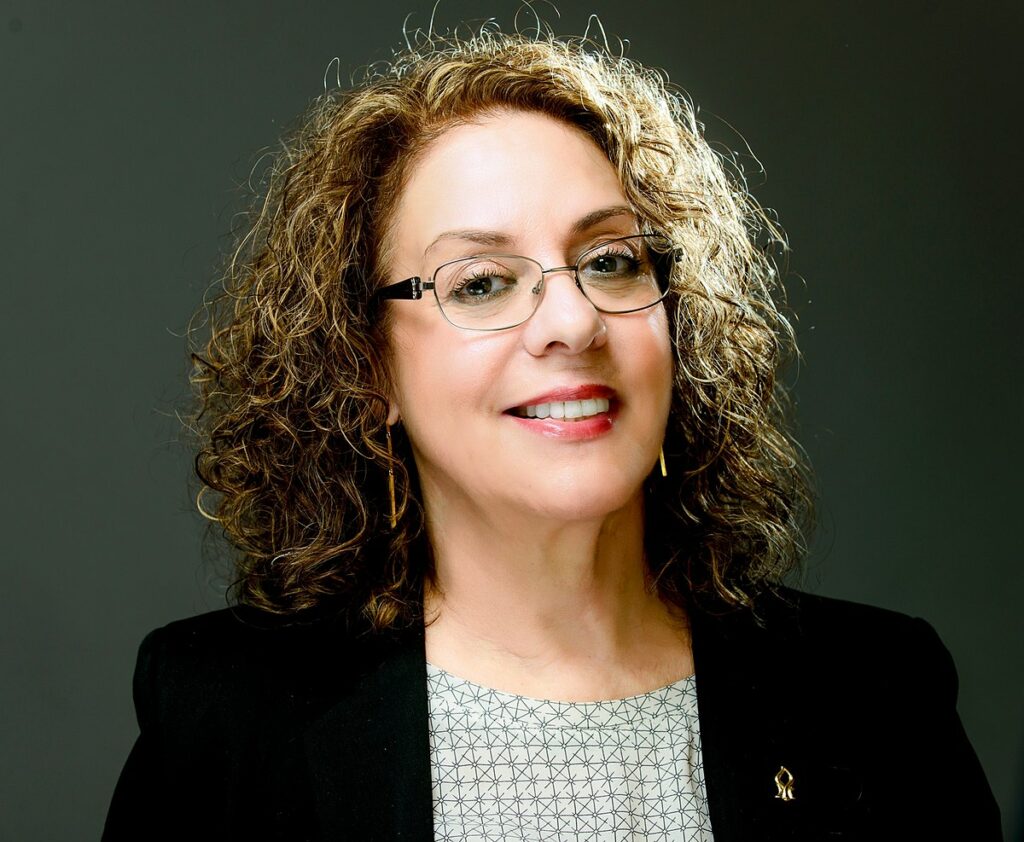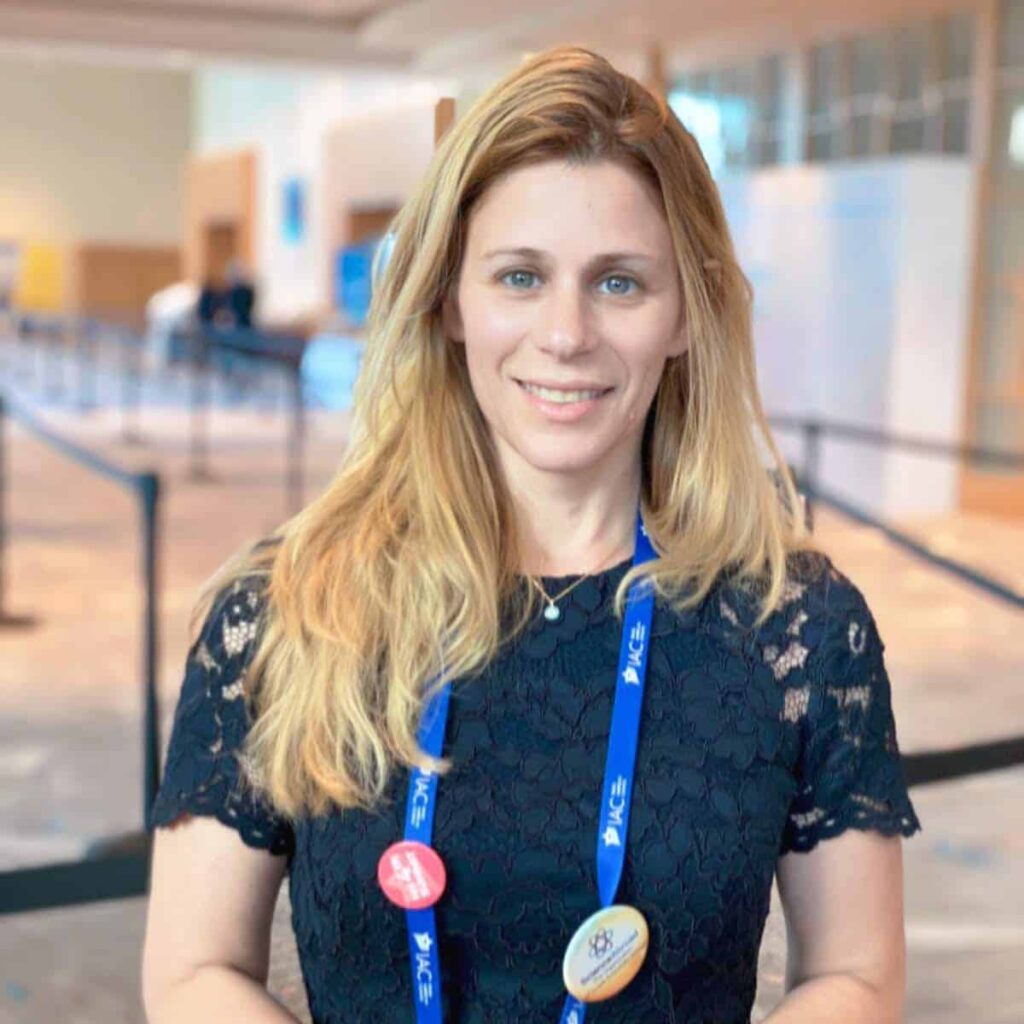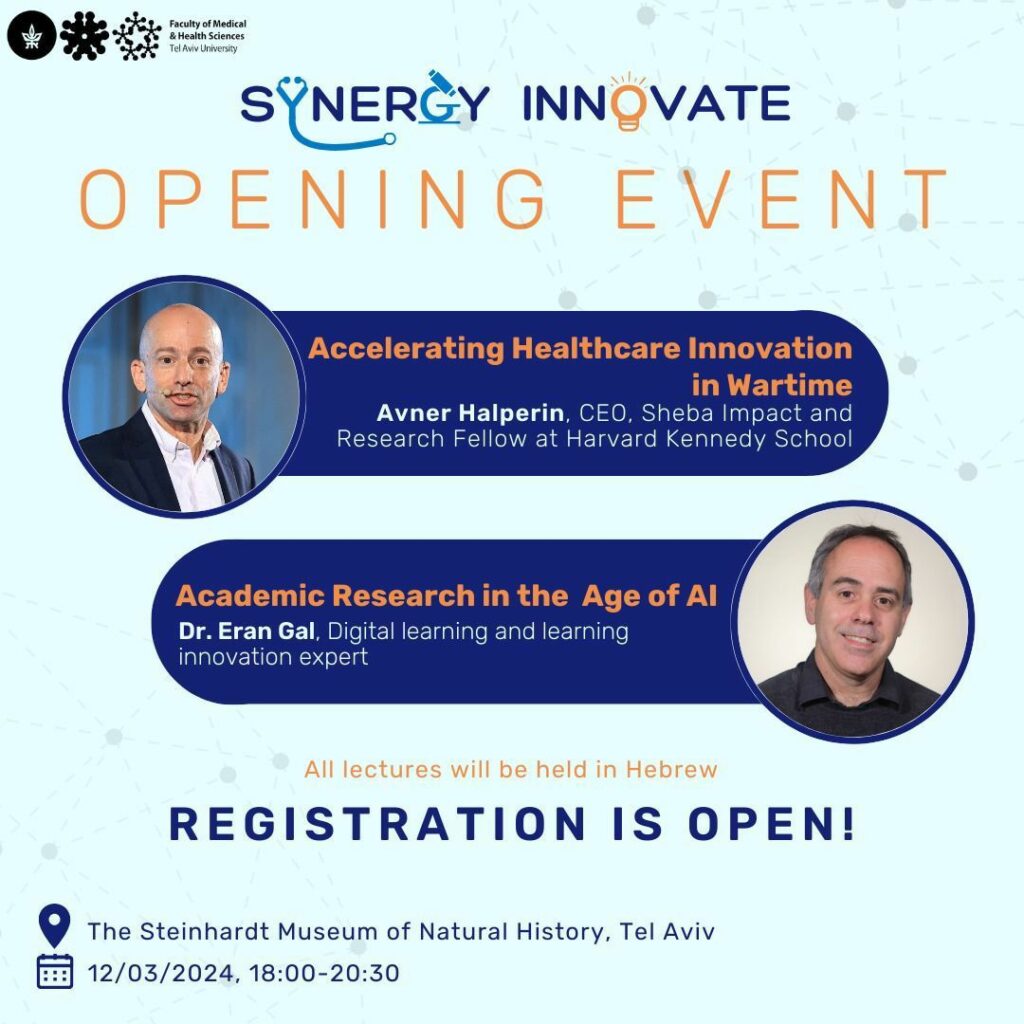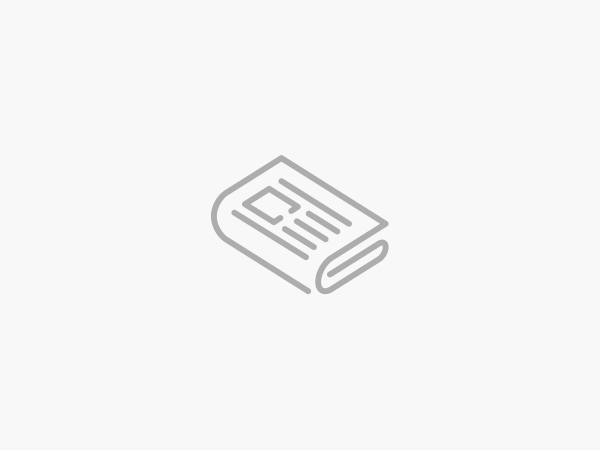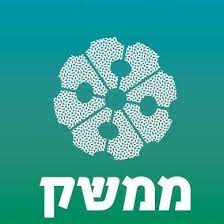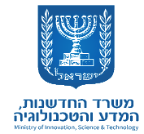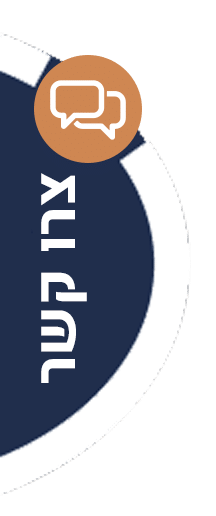AN INTERVIEW WITH DR. DINORAH FRIEDMANN-MORVINSKI
ד”ר דינורה פרידמן-מורבינסקי השלימה דוקטורט במחלקה לאימונולוגיה במכון ויצמן למדע בהנחיית פרופ’ זליג אשחר והמשיכה לפוסט-דוק באוניברסיטת קליפורניה (UC) סן דייגו במעבדה של פרופ’ אינדר וורמה. היא חזרה לישראל כחוקרת במחלקה לביוכימיה וביולוגיה מולקולרית באוניברסיטת ת”א.
ד”ר מיכל ארד ראיינה אותה בשיחה על דרכה המקצועית וההשפעות המרכזיות עליה, וקיבלה ממנה המלצות לחוקרים צעירים שמעוניינים בקריירה אקדמית.
Current position and affiliation:
Assistant Professor, Department of Biochemistry and Molecular Biology, The George S. Wise Faculty of Life Sciences, Tel Aviv University
What was the focus of your training – PhD and PostDoc?
I graduated from the Department of Immunology at Weizmann Institute of Science, under the supervision of Prof. Zelig Eshhar in the field of tumor immunology. My dissertation was within the field of tumor immunology focusing on genetic engineering of T cells through the introduction of a chimeric antigen receptor (CAR). The application of this technology has a great promise in the field of cancer immunotherapy and today it is already saving patients’ lives. For my Postdoctoral training I joined the laboratory of Prof. Inder Verma at the Salk Institute. There, I focused on brain cancer, designing novel mouse models with the long-term goal of developing novel therapeutic approaches based on the models’ capacity to track tumor progression.
What would be the focus of the research in your lab?
In my lab I will continue working on brain tumor and trying to elucidate the mechanism behind the process I identified during my PostDoc by which differentiated tumor cells can dedifferentiate to generate new cancer stem cells. The contribution of the tumor micronenvironment to this process is of great interest to me as well.
What are your main scientific goals?
My main goal is to understand the mechanisms driving this tumor reprogramming to cancer stem cells and design novel therapeutic approaches for glioma based on the combination of adoptive immune gene therapy and nanotechnology approaches.
What was the most influential experience you had along your career?
This might sound really corny, but I have to say that I owe it all to my mentors. Starting from my chemistry high school teacher – because of her I actually studied Biochemistry and made alyia to continue to my graduate studies. She was followed by my MSc and PhD mentors who further pushed me to believe in my aptitude for science. And finally my PostDoc mentor, who better prepared me for the tough academic world and made of me a better scientist. When it comes to academic career, you need a combination of hard work, believing in yourself and good mentors for advice.
When did you know that you want to become a PI?
I never thought about it. I always loved science, but was never sure that I can be a PI. So the decision to apply for a position was based on the fact that I was able to successfully publish my work and the fact that I really enjoy doing science. I guess a combination of destiny and taking the opportunity to follow my passion.
How did the interview process go for you?
I applied to each of the departments that were of relevance, a total of 9, and interviewed in all. I came for a period of two weeks and a half, which is a lot when you leave your family back home.
I highly enjoyed it. I was not stressed from the talks, because I have previous experience presenting my work to peers. However, I was rather anxious from the one on ones. Along these days you get to meet so many people and need to find something to talk about with each of them. You have to impress all of them, while at the same time you are trying to find out if you like them, if their line of research is of interest to you, and whether you actually want this group of people as your colleagues for the rest of your career. The adrenalin, throughout each of these days, went up to the roof, and by the end of the day I was exhausted. Despite my concern, people were extremely nice, and this was a fantastic experience. I am sure that new collaborations will flourish from those meetings.
On the spot, I received two offers, which was highly motivating. As I mentioned before, each interview day was so tough, therefore receiving not just great feedback but actually an offer for a position, made me feel that I was doing something right. Later on, I received two more offers. I did not apply in the US, but was interviewed in Switzerland at the EPFL institute as well. I had two rounds of interviews and I received an offer. I interviewed at EPFL despite the fact that my family wanted to go back to Israel. I have to be honest and admit that I was impressed and received a very tempting offer from them. But it was my husband who eventually decided he wanted to go back to Israel. Having that offer was a great confidence booster, and it was very important to have an offer from another institute (especially form abroad) when negotiating my start-up package.
Reaching a decision – choosing the right place for me – was not easy. There are many aspects that you have to take into consideration – some are more personal (what would be the best for my family), while others are more professional (funding, graduate programs, access to students – both undergraduate and graduate). Taking all of these together, Tel Aviv University was the right choice for me.
What are the challenges you are facing while establishing a lab?
I interviewed in 2012 for a 2014 position and I actually waited because my husband had to graduate. So it has been very challenging to establish a lab, while being partially in the US.
When you think about establishing a lab you never think that you will need to actually design it. At Tel Aviv University you get to design your space, which is amazing, however sitting with an architect and actually designing it was a huge challenge.
The other great challenge is finding the right personnel for your future lab. After receiving the position, I flew to Israel just in order to interview people. I was fortunate to find an excellent lab manager. This was a huge help especially since I was establishing my lab while still living and working in California.
This gap between interviewing and actually opening the lab left me with a lot of time for grant applications. This turned out to be great since I was already awarded with four grants.
The next challenge will be recruiting students, but I know that there are great students in Israel and at Tel Aviv University, so I am less worried about that. Just need to find the right people for the lab – the ones who will be passionate about the projects I have in mind.
Teaching in Hebrew will be a huge challenge for me. I grew up in Uruguay, and moved to Israel only after my B.Sc., so I didn’t have many opportunities to talk Science in Hebrew. I hope my students will be able to deal with my accent, a few mistakes here and there, and the many terms I will use in English.
What are your recommendations for graduate students who wish to pursue an academic career?
The most important thing is to continue for a postdoc abroad. The academic career is very long and tough. If you are not sure that an academic career is what you are after then I am not sure that it is worth it. On the other hand if you have this drive in you then pursuing a postdoc is a must.
What are your recommendations for postdoctoral fellows who wish to pursue an academic career?
I was looking for a very strong lab – having a “name dropping” PI is important. Moreover, I wanted a project that will be challenging. I thought that in order to become a better scientist I needed to go into a new field. It was not easy, but now, establishing a lab and writing grants as a young investigator, I feel more confident and with a broader view on different aspects in science.
Networking is highly important. Talking to people. Going to meetings and interacting with people. This is so very important since you will need reference letters in the future. Furthermore, it opens doors for interviews, and it can also help with future grants or papers as the potential reviewers might know you.
Having an Israeli network is also important while abroad. In San Diego we had a strong Israeli community of postdocs. All of them got positions in Israel, so now I am being invited to give talks in seminars, conferences, etc. They also had great tips and supported me throughout the interviewing process – it is priceless socially and professionally.
People do not talk about this much, but there is also the personal side of this story. My postdoc lasted 7 years. Throughout this whole process and dealing with the challenges I have to say that without the support I received from my husband I could not have accomplished any of that. While interviewing, and then going back and forth, he was there fully committed to the process. Managing career and family in such a demanding career path, relocating at least twice, requires a real partner. So, people who consider a postdoc should take that into account as well.
Given the overflow in PhDs, how do you perceive the future of graduate schools?
I think that it is inevitable to have graduate students, but the change is already here. The interdisciplinary programs are part of that, providing students with more options and open more doors to different career paths. All my peers from grad school found great positions. It is highly competitive, but possible.
As a recipient of the BioAbroad Travel Award, did you participate in other activities BioAbroad had to offer in San Diego?
I participated in all the activities I could. The social activities were great. You get to hang out with people who are going through the same challenges, and as postdocs it is a huge thing to have. It is a fantastic support system. Professionally all the webinars were of great help – wonderful tips, but also paving the way for some important connections. Goes without saying is the importance of the travel support, because for postdocs financial help is huge; especially since, unlike the academia in the US, in Israel it is not so common to cover all the travel costs when you are invited for an interview. The travel award covered part of my expenses during the interview process in Israel and I am truly thankful to BioAbroad and Ministry of Aliya for their support.

